Autotheory:
Art, Writing and the Fragility of the Self
An event of Gesellschaft für künstlerische Forschung (gkfd)
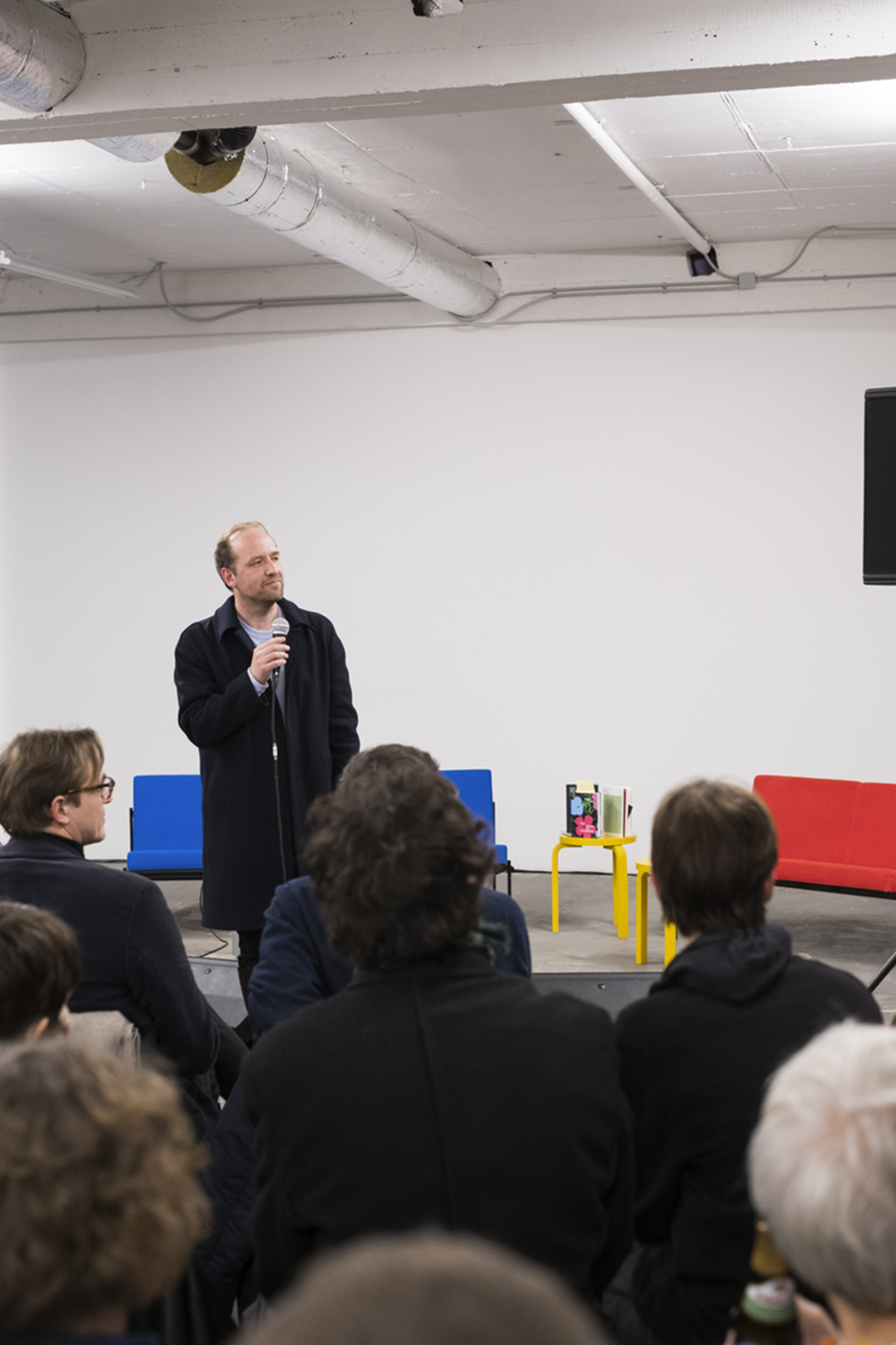
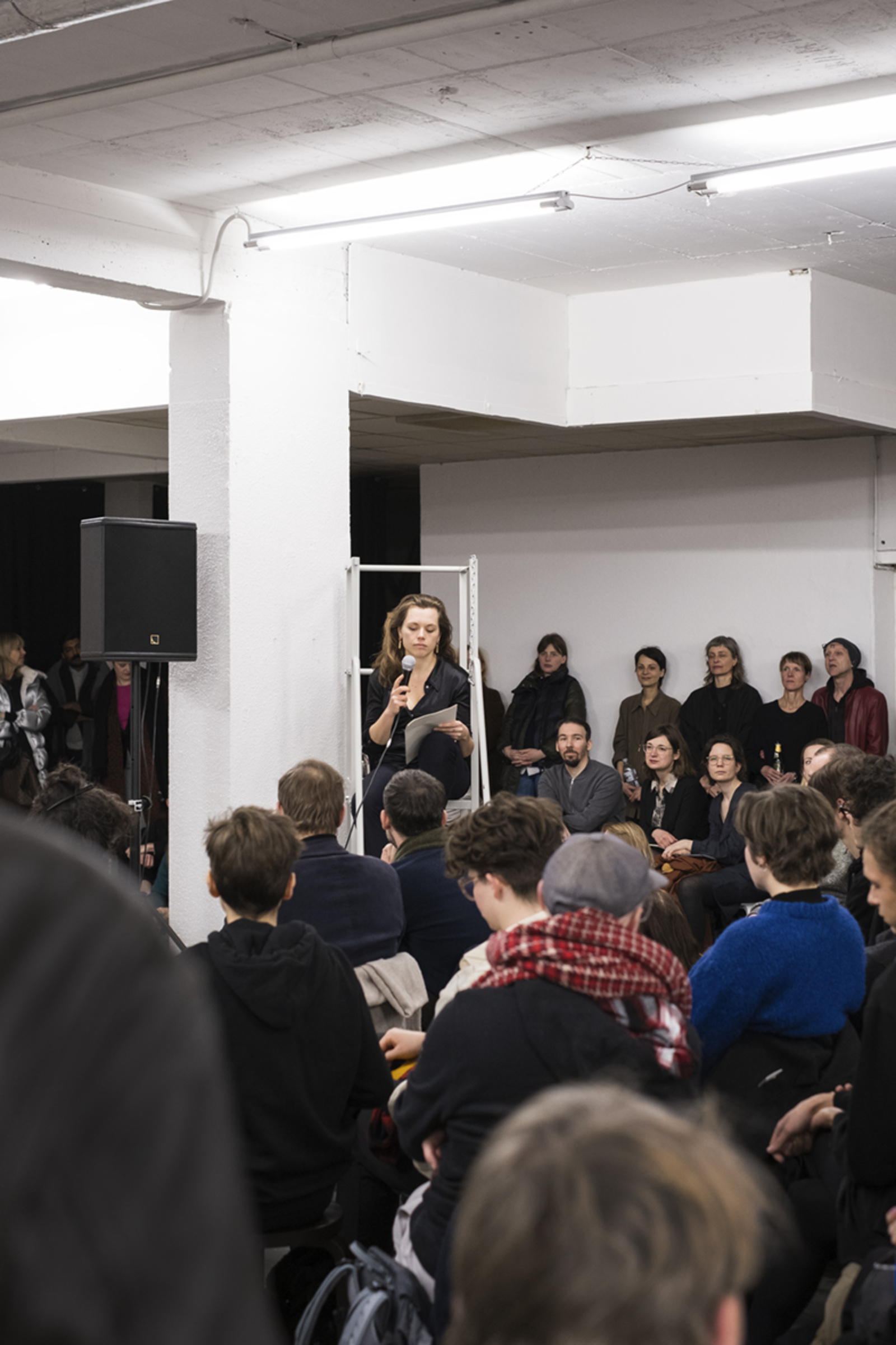
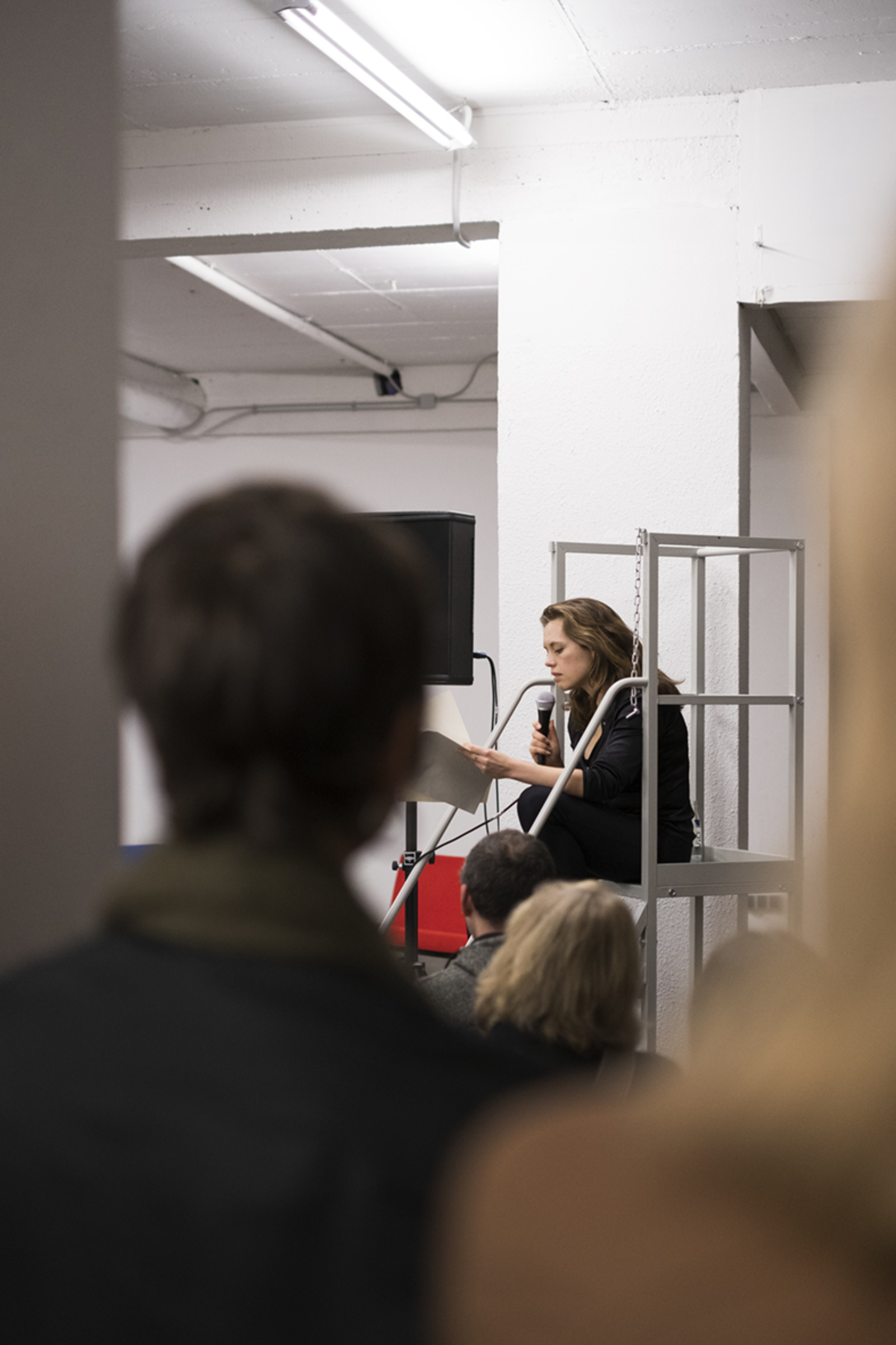
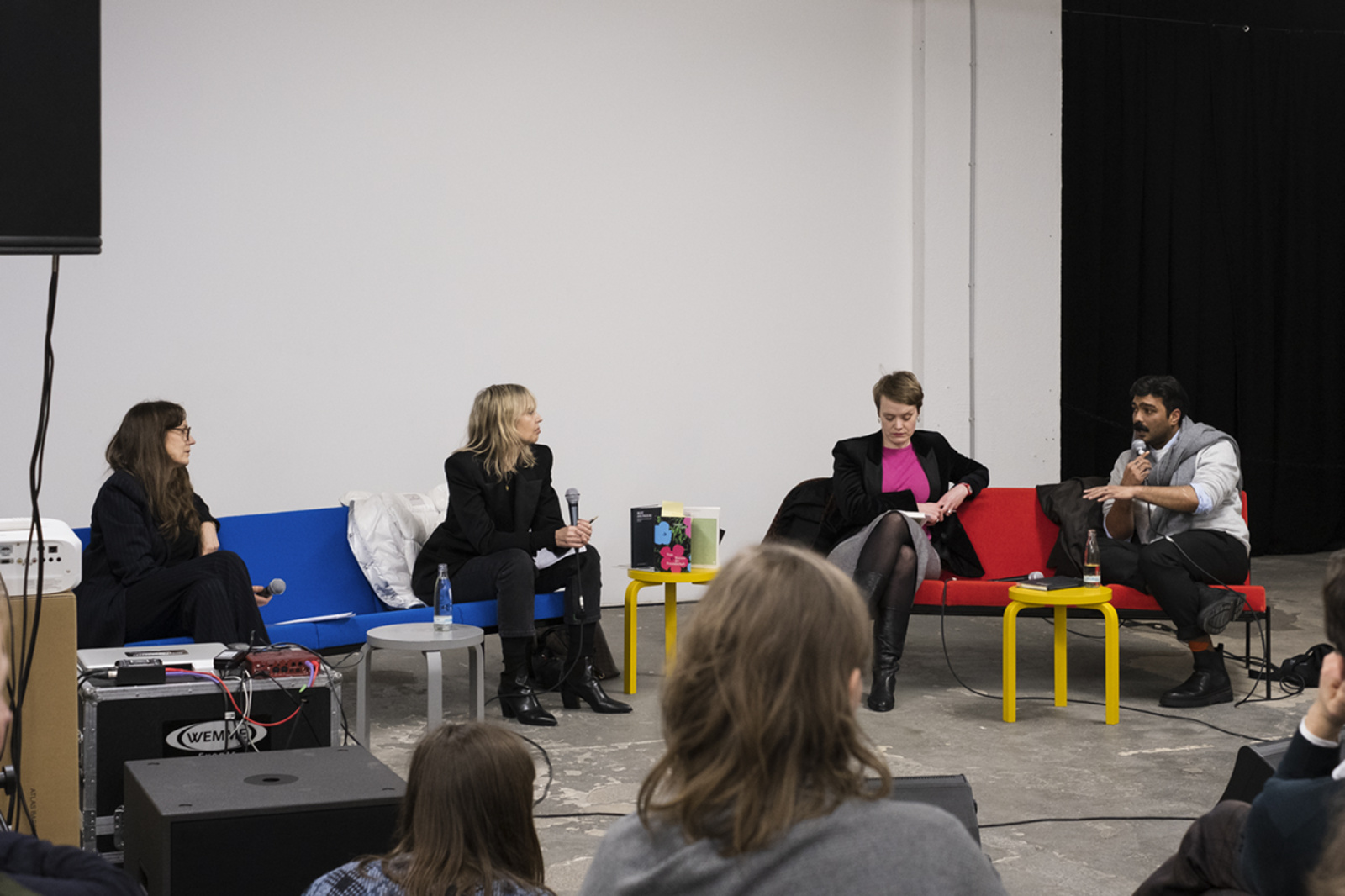
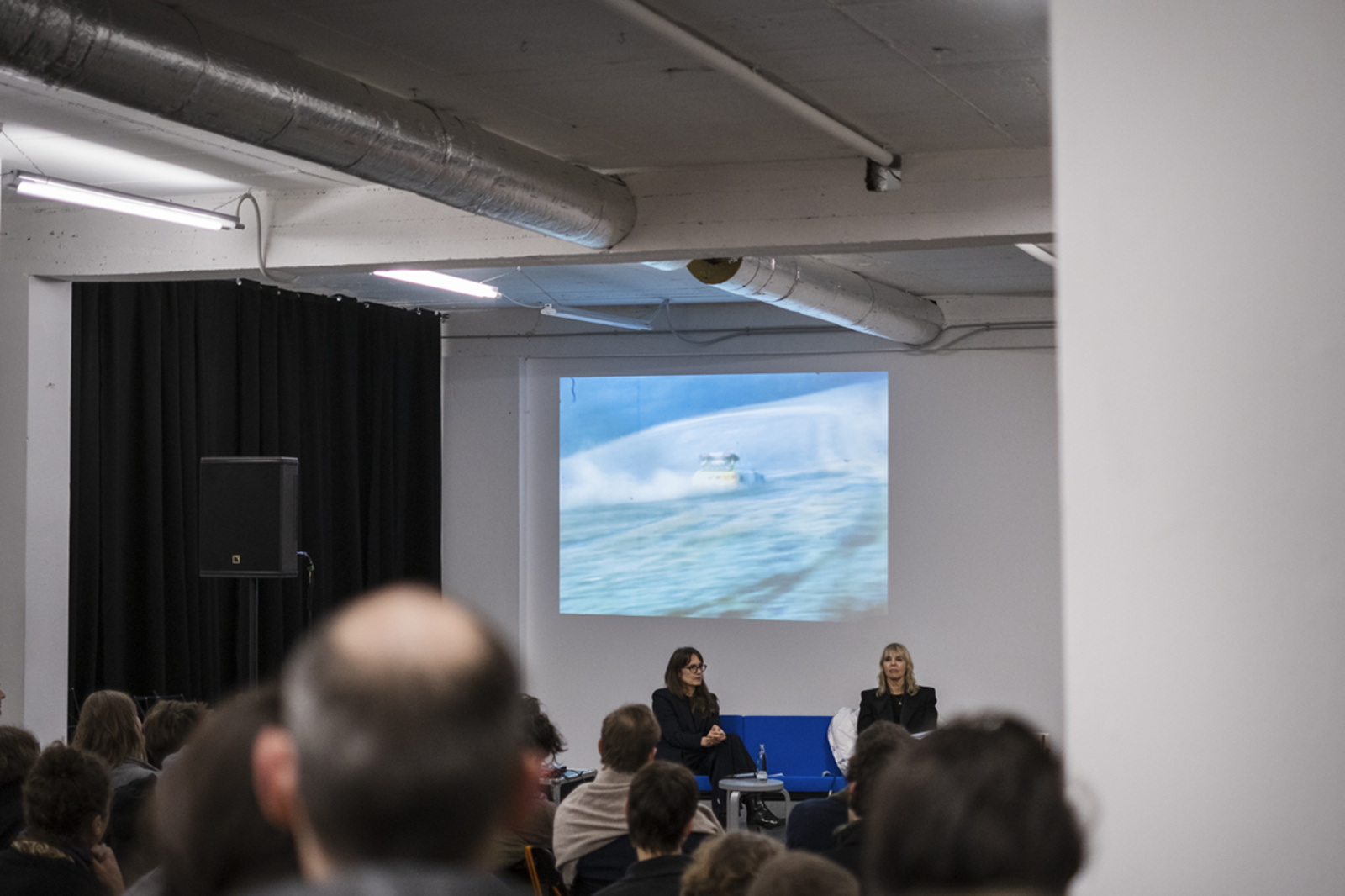
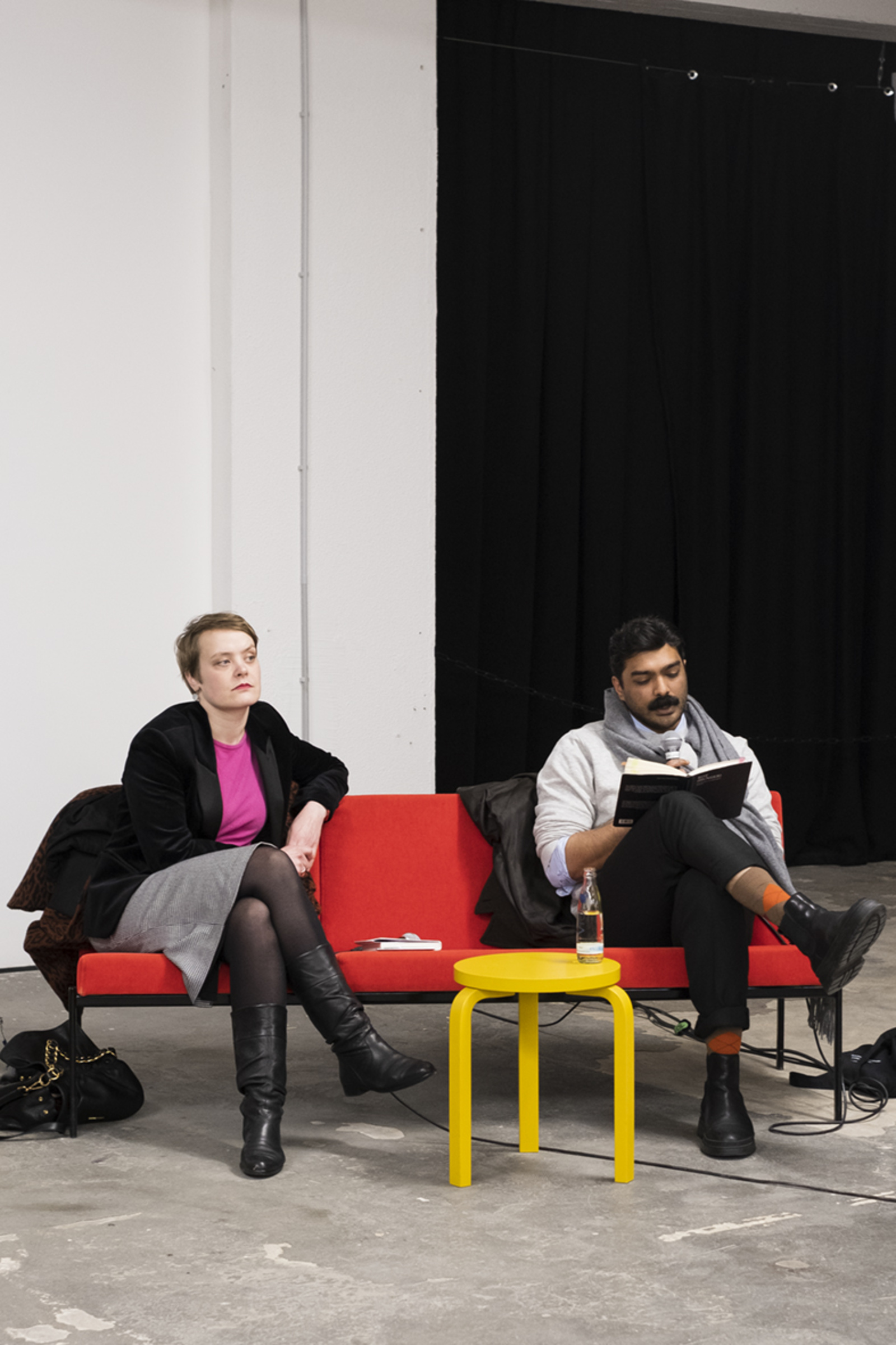
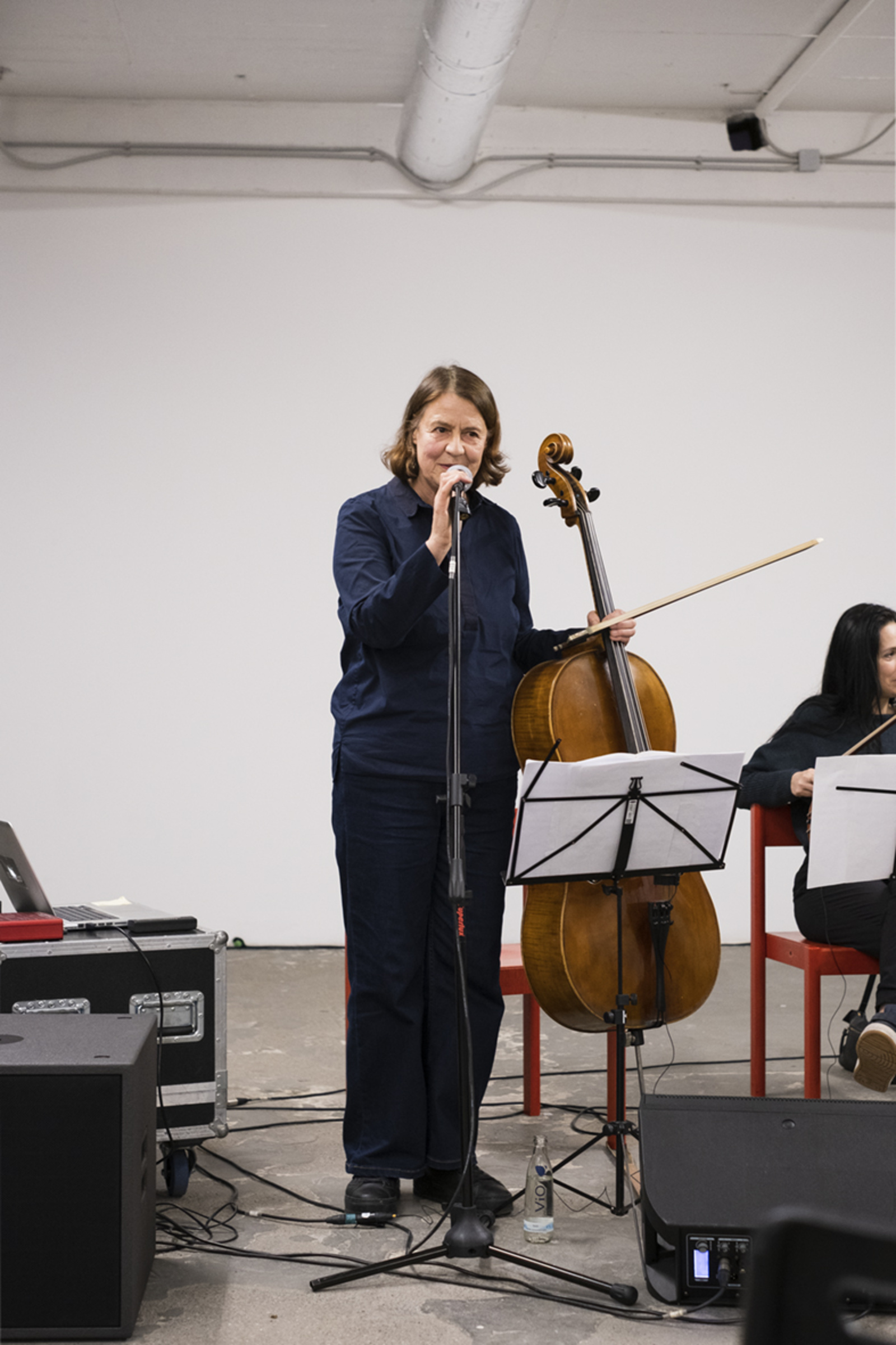
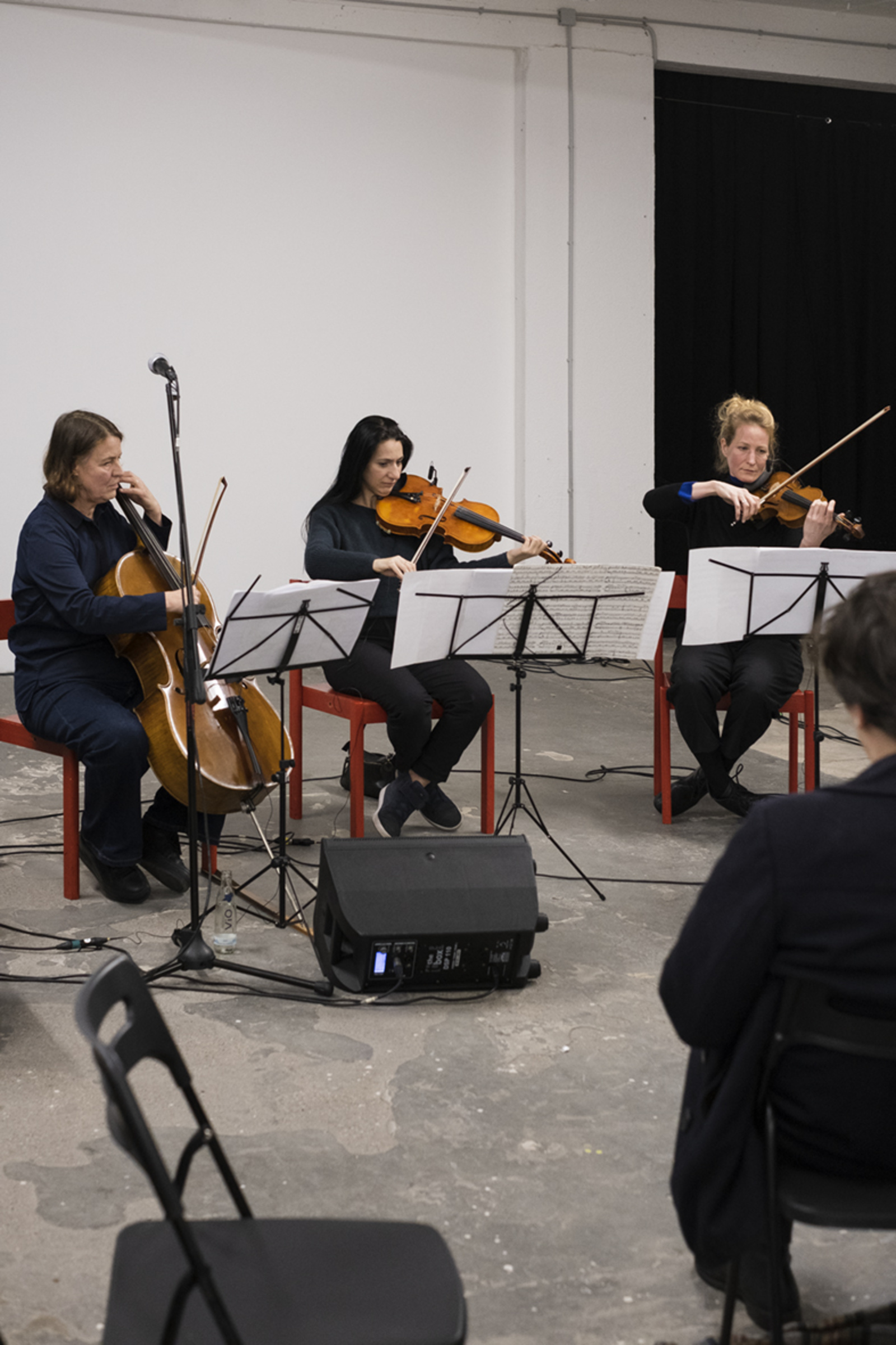
Photos: Kim Bode
The event takes up the current interest in autotheoretical art forms and asks how different artistic and literary strategies use theory as a material for artistic practice. The term "autotheory" was shaped by Paul B. Preciado. The first sentence of "Testo Junkie" states that the book is not autofiction. What is presented instead is a "somapolitical theory of the self, or a self-theory" - "una autoteoria." Maggie Nelson takes up this term in "Argonauts." Her writing, too, seeks not only to narrate her own experiences, but to transform them with the help of theories. In this way, theory enters literature as a formula for becoming. It is not only part of the writing scene and literary fiction, but also of the written self-relationship. In contrast to identity-driven autobiographies, autotheoretical writing is conspicuously often based on desubjectification. Instead of narcissistically stabilizing one's own self, dominant modes of subjectivation are weakened. This testing of new artistic-scientific forms of writing resonates not only in theory itself, but also in artistic research.
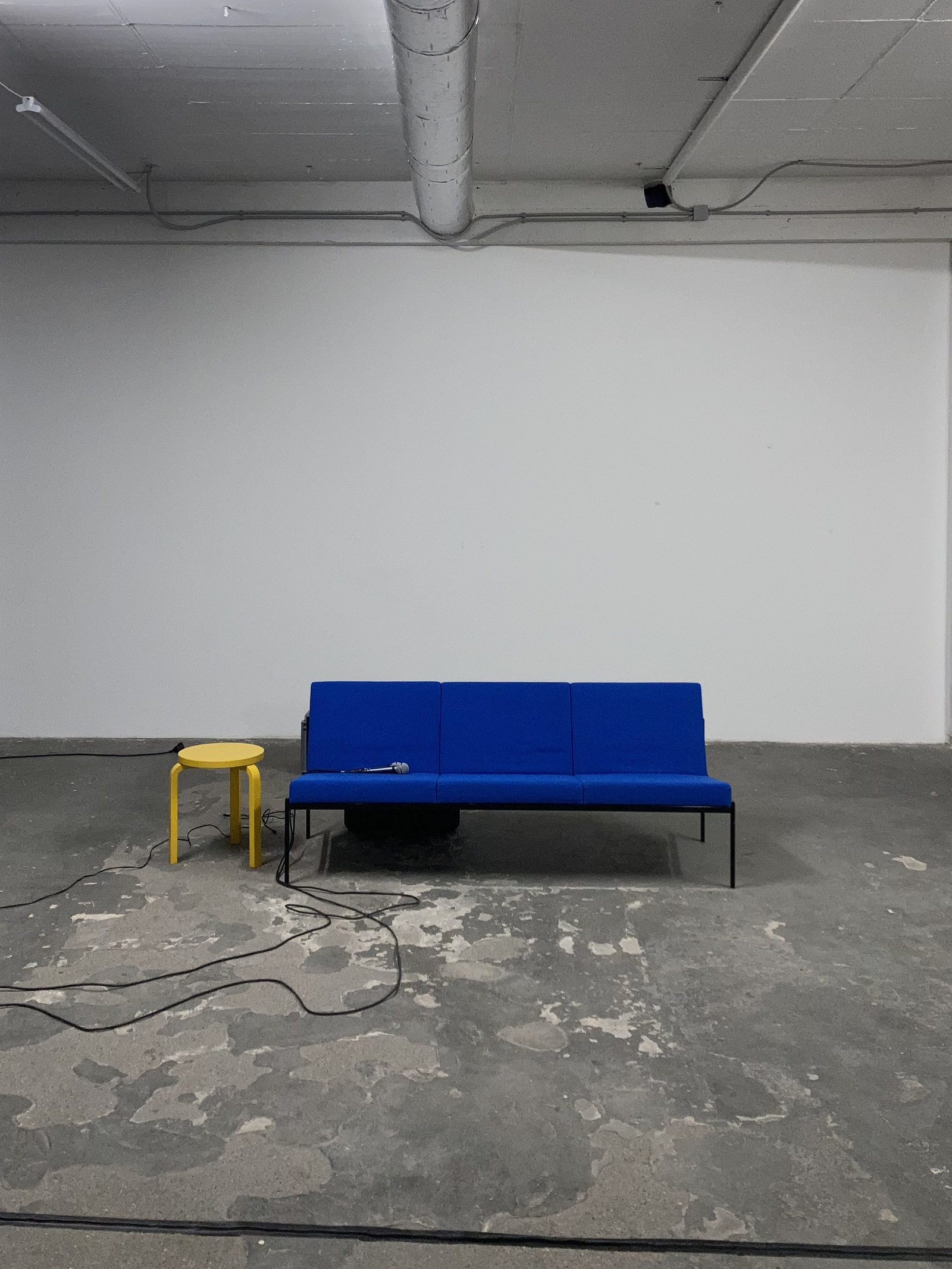
Programm:
Reading by Hanne Lippard
Conversation with Hanna Engelmeier, Isabelle Graw and Senthuran Varatharajah, moderated by Kathrin Busch. With an input by Dorothee Elmiger (The conversation will take place in German).
Followed by Michaela Melián live. With Ruth May (violin), Elen Harutyuyan (viola), and Michaela Melián (cello, electronics, vocals).